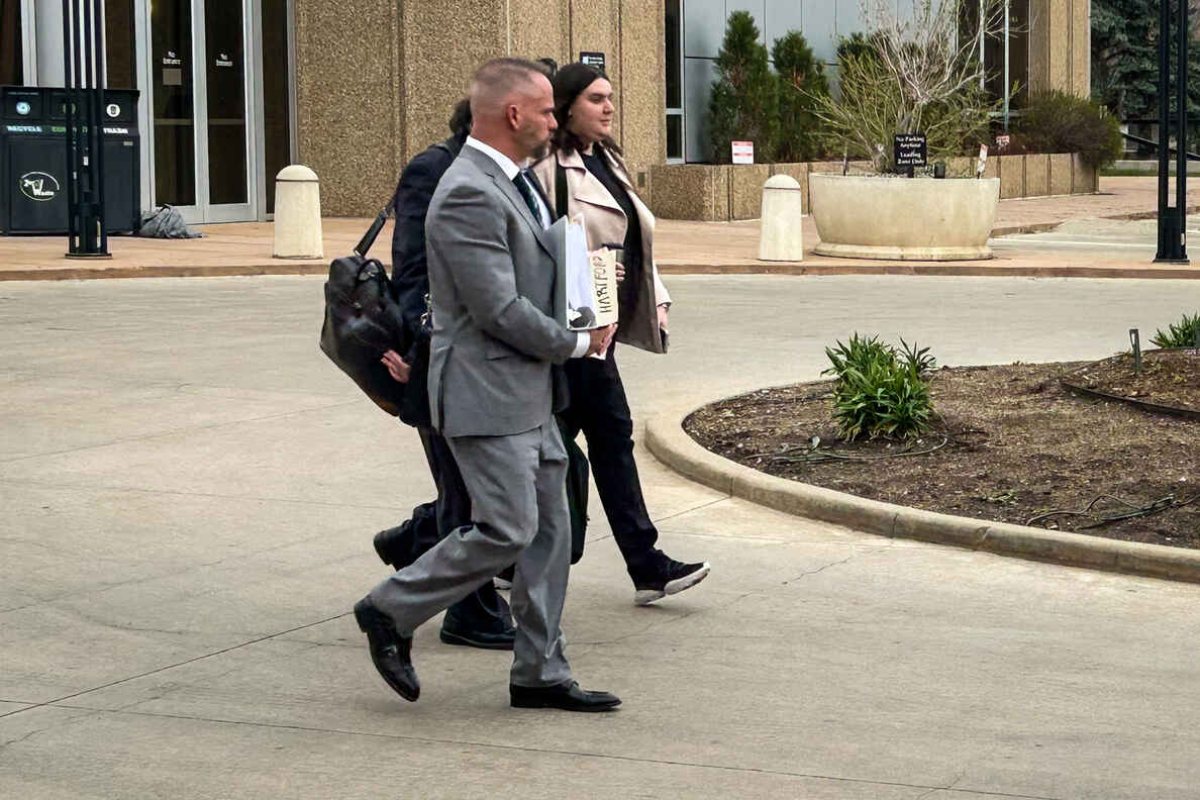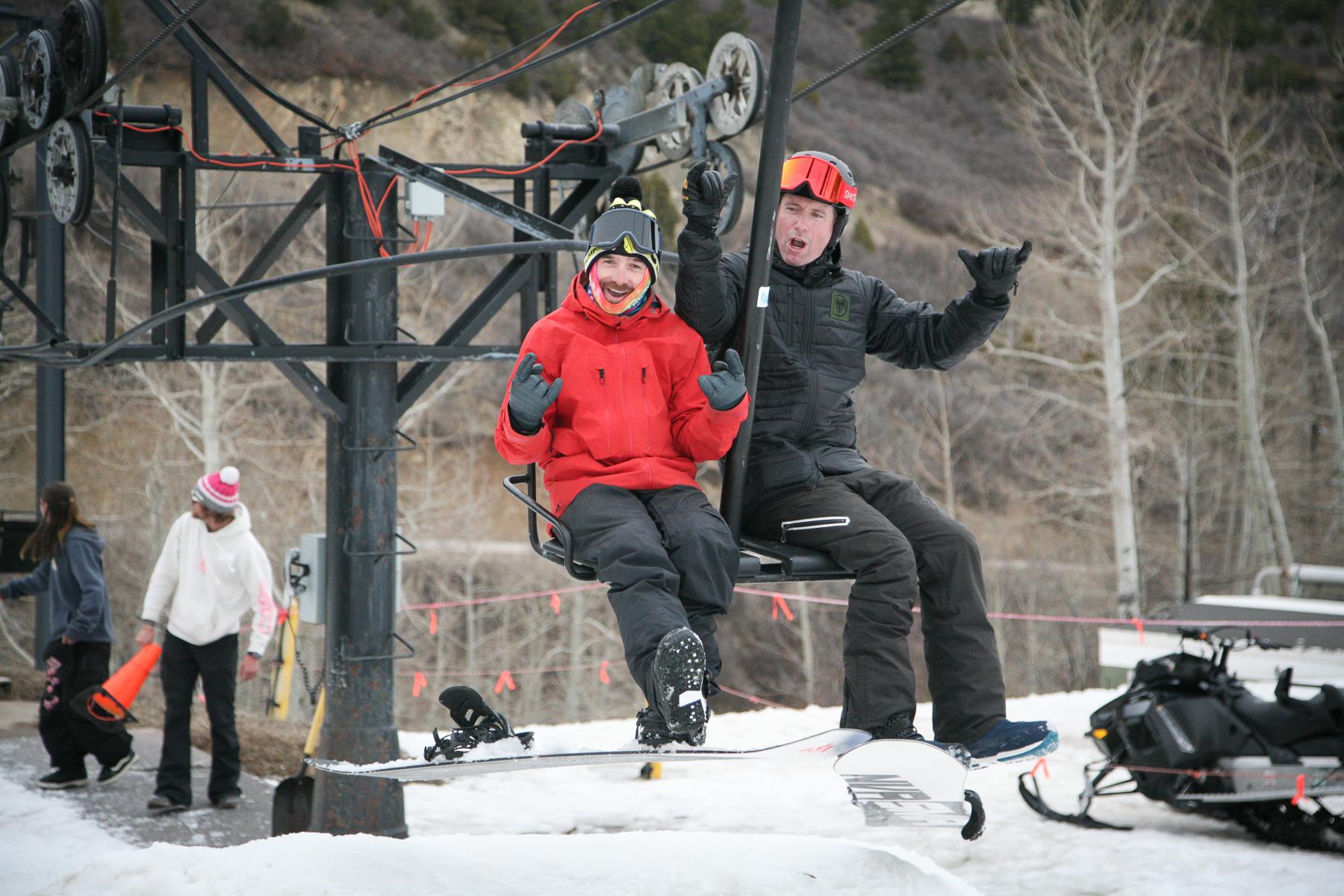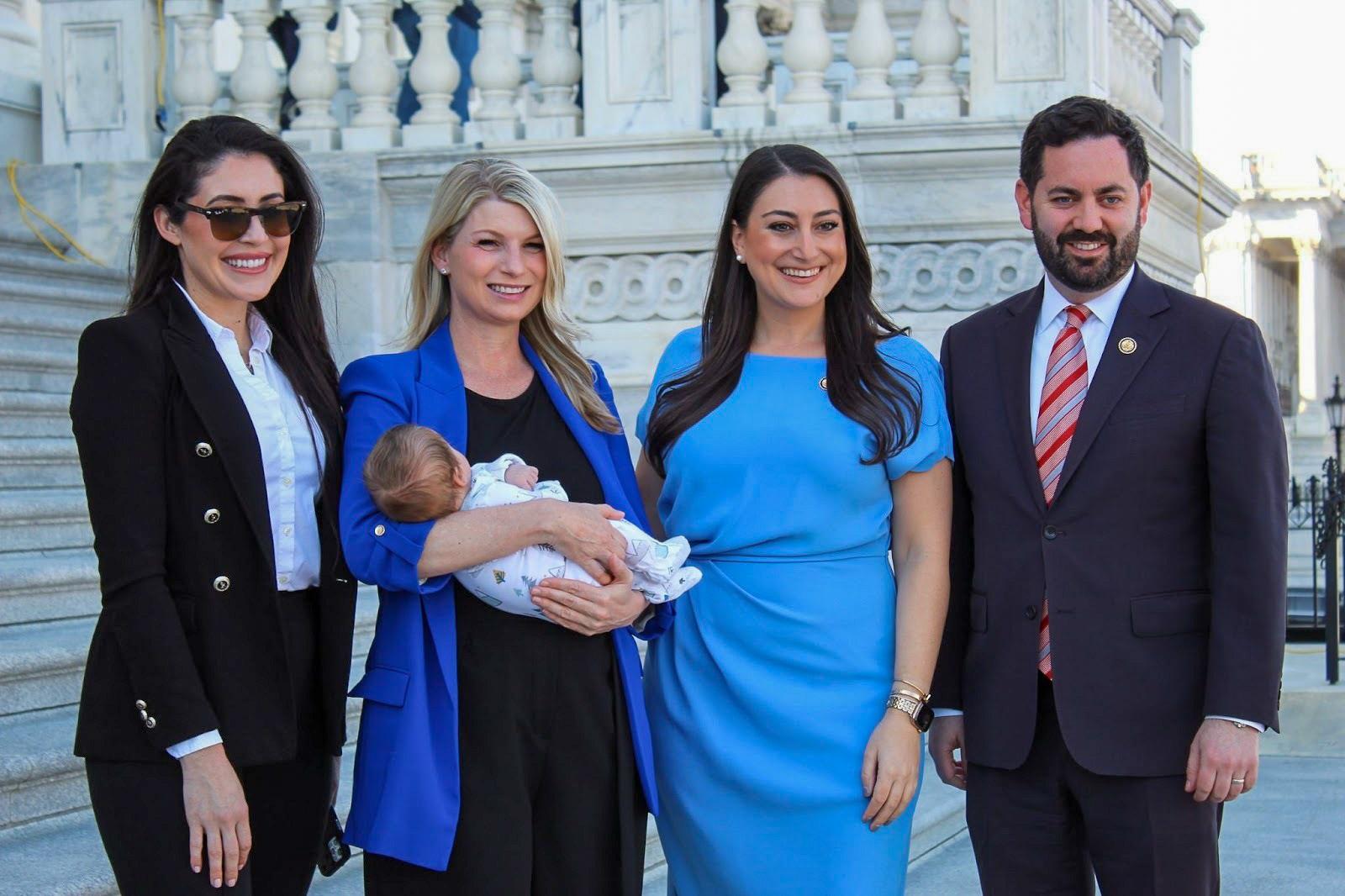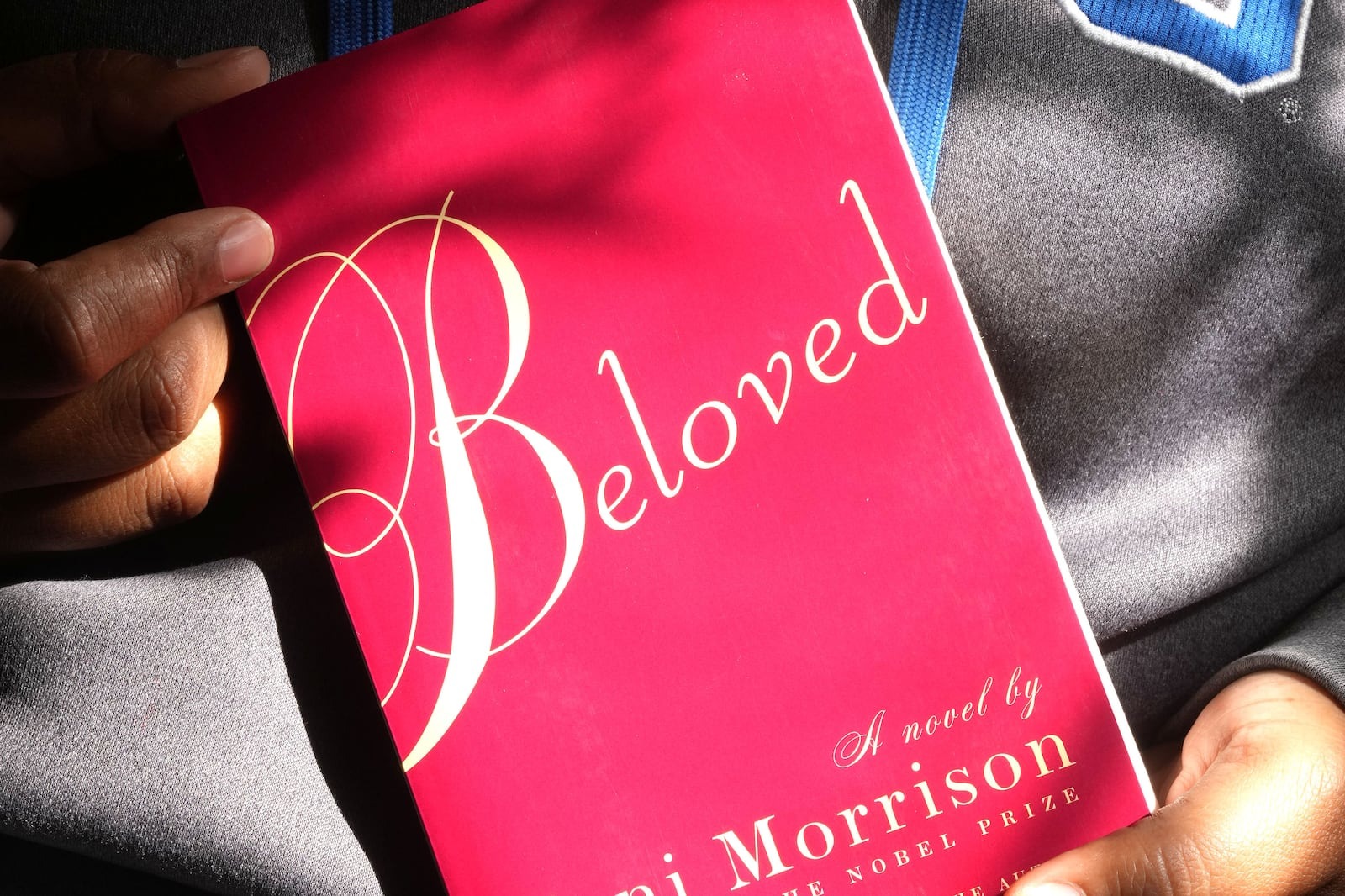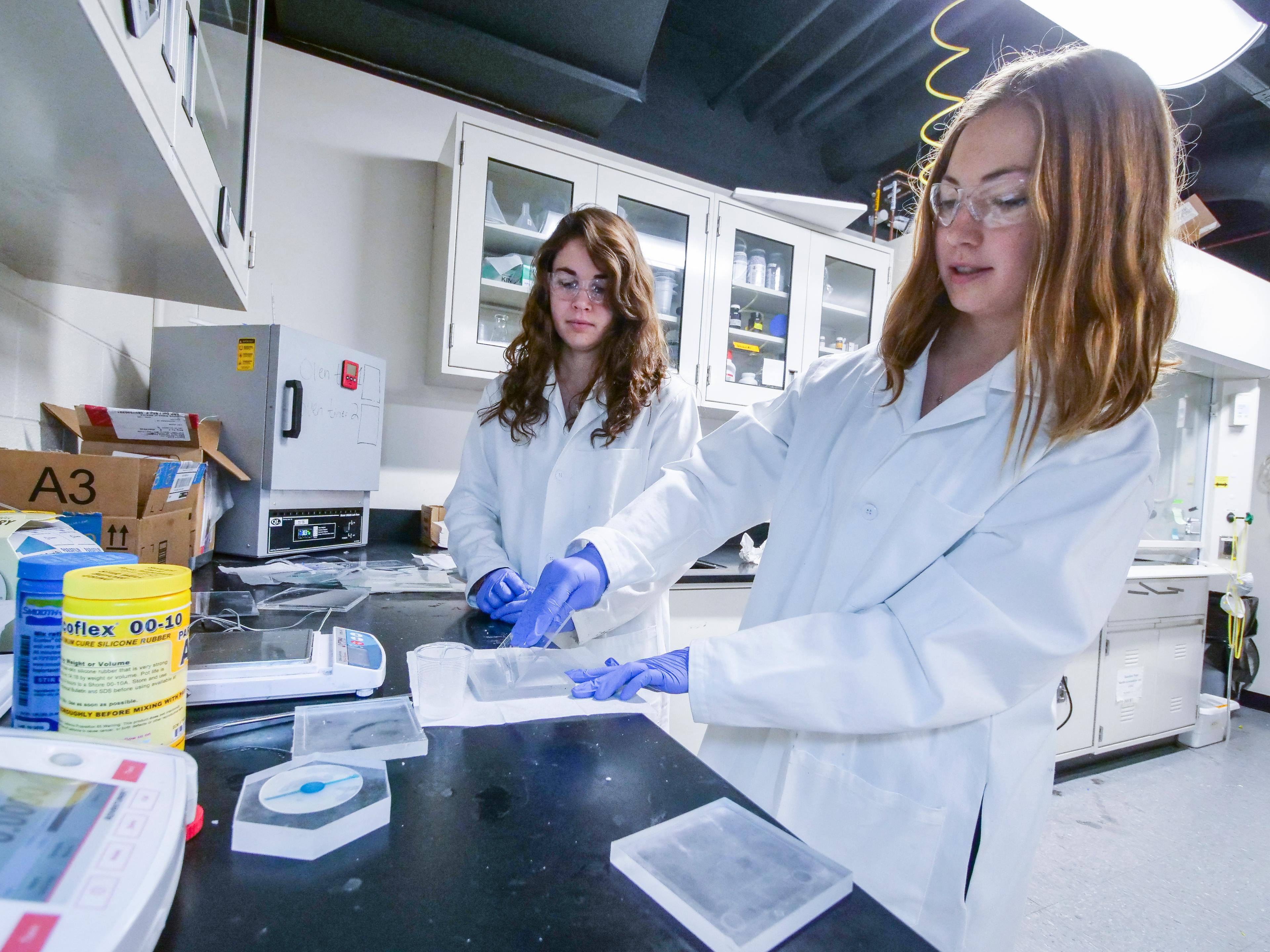
It’s taken two decades of concerted effort, but this year’s freshman class of students in the College of Engineering and Applied Science at CU Boulder is 41 percent women. That’s up 14 percent from two decades ago.
Historically women have been underrepresented in engineering. The gradual but steady rise means CU Boulder leads the nation in the percentage of female first-year students, according to the American Society for Engineering Education.
“It's really important that we have a diverse engineering workforce because engineers serve all of society,” said Dean Keith Molenaar, whether that be developing clean water and safe transportation or designing biomedical devices.
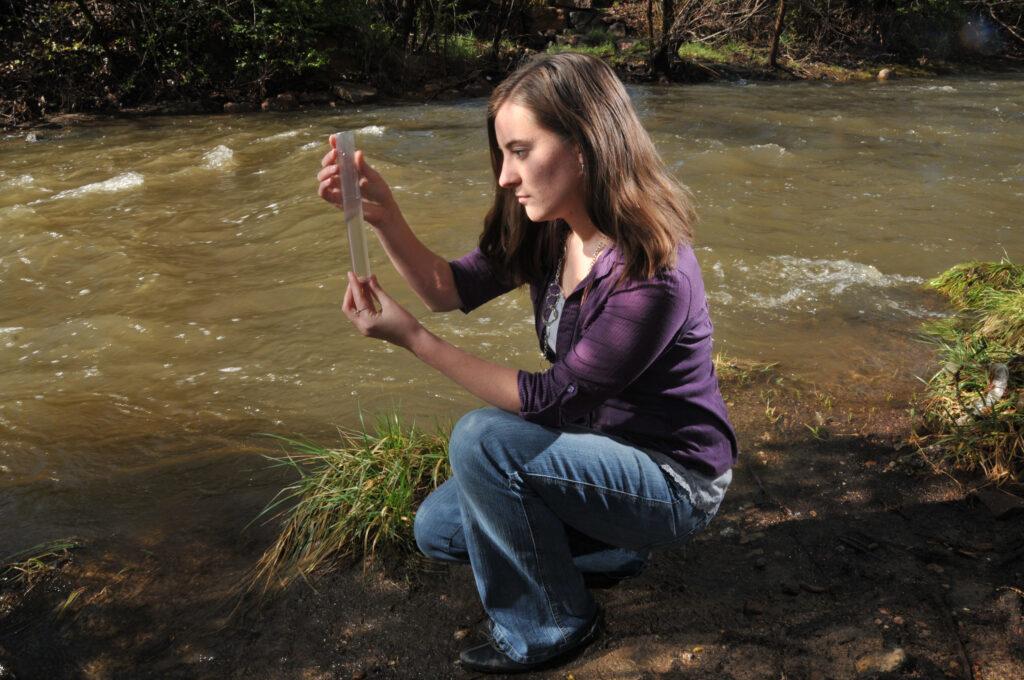
“When we're designing automobiles or designing space suits, we need to make sure that we have representation of all of the stakeholders that'll be using these engineering solutions,” he said.
Molenaar said women in particular can bring a unique perspective to engineering solutions.
“I would say engineering really is a profession of care,” he said. “We create solutions that care for society, that provide safety and wellbeing. I think having all perspectives, especially women’s perspectives, is essential to coming up with really positive, innovative solutions.”
How did CU increase the number of women in engineering?
The main reason is the focused effort collaborating with groups that try to spark interest in STEM education in K-12 schools, like the National Center for Women and Information Technology and other groups that “try to get young women interested in engineering and not just because they're good at science and math, but because they want to make a difference in the world, they want to make the world a better place.”
Molenaar said CU also intensified recruiting events and tours to get women excited about what they can do as engineers — and boosting efforts at creating community on campus. There are more than 80 student groups just within the College of Engineering & Applied Science.
“It's that sense of mattering more than just (being tutored) in science and math,” he said. “It really is creating a community early on in the degree programs, letting students know that what they're doing can make a difference.”
‘I knew that was the place I wanted to be’
In fact, seeing the community at play during a tour of the college is what led Megan Conard, a 2023 CU graduate, to choose the Boulder school.
“When I saw the main lobby and other engineers working together, I knew that that was the place that I wanted to be…. somewhere where on each assignment you're collaborating, you're working together, you're learning from each other and teaching each other.”
Conard, who went on to lead tours of prospective students, experienced community-building in the residence halls and within departments, especially among women engineering students. The college’s BOLD Center, which houses the Society of Women Engineers offers mentorship and career development opportunities.
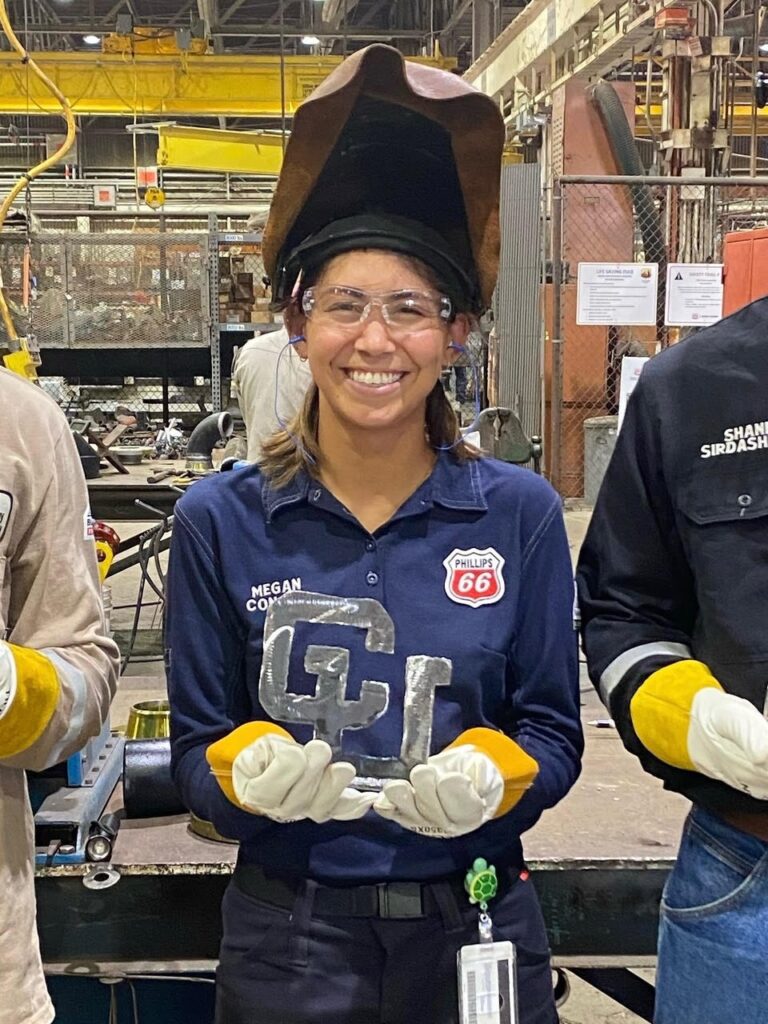
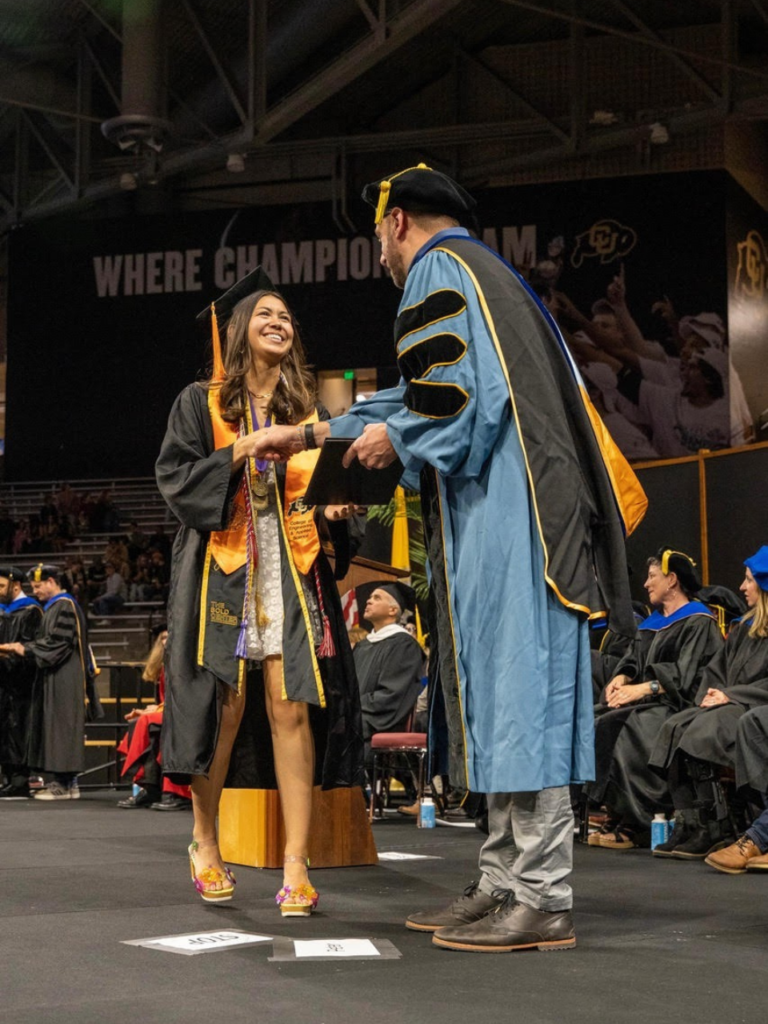
Conard said having so many female professors in the mechanical engineering department “really helps you see yourself as an engineer” and helps with networking opportunities.
She’s most proud of her year-long senior project that she worked on with a team of seven: a robotic surgical device adaptor that currently has a patent pending.
“It was a good introduction to working in industry and we really made good connections with our project lead at Medtronic who still stays in touch,” said Conard.
During her time at CU, Conard also worked to elevate the voices of underrepresented and diverse students. She served on the Dean’s Advisory Board which played a role in choosing the college’s new dean. Conard was also the first student to join the Mechanical Engineering Diversity, Equity and Inclusion Working Group that hosted events and conducted department culture surveys.
“I wanted to increase the number of students that were involved in helping make those decisions and at least make sure my voice was heard,” she said.
It can still be an adjustment for women engineers outside the walls of CU. Conard had a summer internship where she was the only female mechanical engineer at a Phillips 66 refinery. She said it took her a while to convince the crew she wasn’t an administrative assistant. Conard said she worked hard to gain their respect by showing them what she knew.
“The big thing I learned being a woman in engineering is the loudest person in the room is often the person whose ideas are heard and that could be a good thing or a bad thing. But that's the way that I found to be successful in engineering, especially as a woman.”
During her industry internships, she learned a lot about the economics side of engineering projects, something that complemented her formal education.
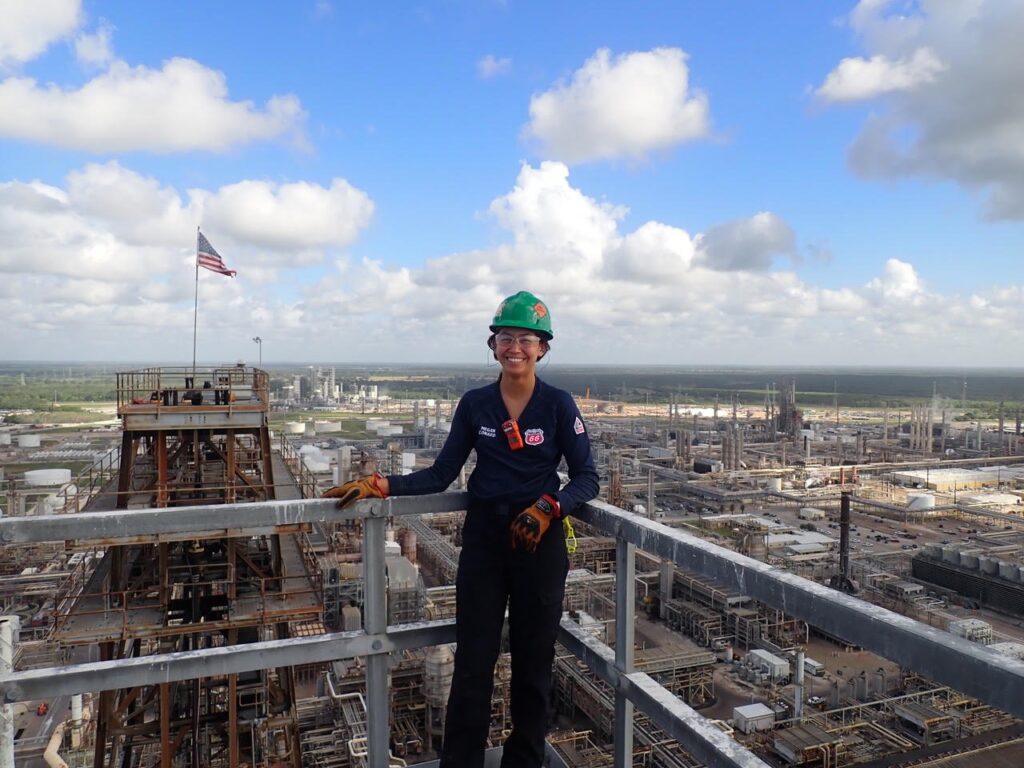
CU hopes to keep building its ranks of women engineering graduates. Year by year, the school is helping change the face of engineering and architecture, where women comprise 17 percent of the field, according to the Society of Women Engineers.
There are more than a dozen undergraduate degrees in the college. Molenaar said there’s been a bump in women interested in chemical, biological and aerospace engineering, which traditionally have been male-dominated. Electrical engineering and computer science historically have had the lowest percentages of women, he said.
Right now, Conard is working in carbon capture research and development in Massachusetts but hopes to work on big industrial renewable energy projects. One day, she’d like to work in management.
“I think it's really important to have women in upper management and be positive of getting women involved in engineering,” she said. “I really want to be a part of that upper management that women in their early career can look up to.”


